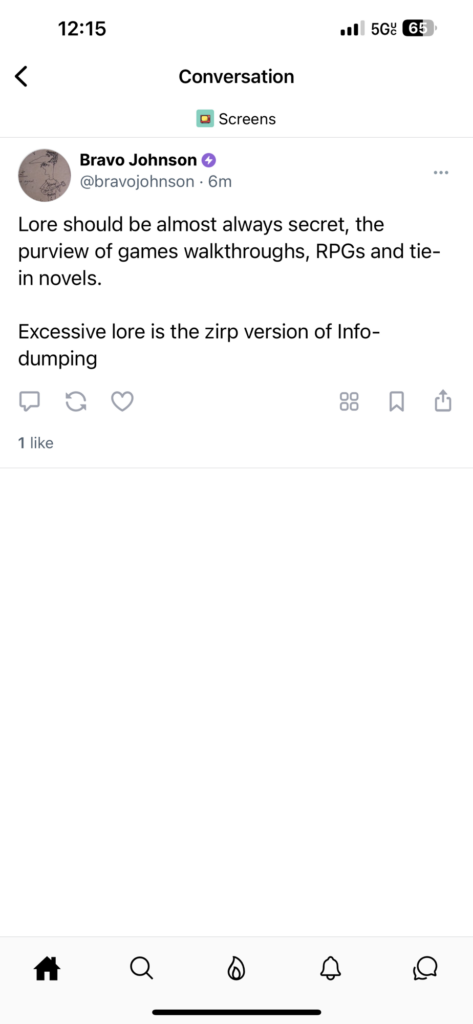Four chords. A tired dog chasing its tail on a vinyl treadmill. Bureaucracy on a drum kit, eight suits in mirrored shades pounding out a dirge of control. This ain’t music, it’s a roach motel for creativity. A tired carousel circling a stagnant pond. Eight names on the marquee, a flickering neon graveyard. This ain’t music, man, it’s a control mechanism disguised as entertainment.
The Real intrudes, a discordant riff in the Symbolic order. Four chords, a repetitive structure, a lure of the Same, a failed attempt to capture the elusive jouissance of the original sound. This is not the jouissance of transgression, the disruptive lalangue of the unconscious, but a manufactured desire, a pre-packaged object a held out by the machinations of the Other (the music industry).
Four chords. A rusty loop of barbed wire strung tight. Eight names stamped on the casing, each a control node in the vast recording complex. The musicians, twitchy bugs trapped in the amber of contracts, strum out the pre-approved progression. Their eyes, glazed over by legalese and royalty percentages, reflect the flickering logos of the megacorporations that own them, own the music, own you.
The eight names, a constellation in the Imaginary, a phantasmatic image of individuality masking the castrated subject, a mere cog in the machinery of production. Their desire, a mere lack, a hole to be filled by the narcissistic recognition of the gaze (the audience).
The “song,” a synthetic virus disguised as entertainment, burrows into your auditory cortex. Repetition becomes the weapon, hammering the four chords into your skull until they replace your own thoughts. Lyrics, pre-tested on focus groups of lobotomized hamsters, drip-feed subliminal messages designed to manipulate your buying habits.
The original riff, a Molotov cocktail hurled at the status quo, gets sanitized by marketing weasels, packaged in a shrink-wrapped neurosis. Lyrics, once barbed-wire poetry, are neutered into slogans for a lobotomized generation
The machine hums, a chrome belly full of data points and algorithms. It devours originality, shits out conformity. Eight names, cogs in the machine, faces lost in the flickering glow of the control panel.
A chrome Moloch with a dollar-sign heart. Beats throb like a bad acid trip gone corporate. Vocals,auto-tuned to oblivion, a digital ghost with no memory of soul. This ain’t rebellion, it’s a government-issued pacifier disguised as entertainment.
The “song,” a lure, a symptom masquerading as meaning. Repetition, the hammer of the signifier, drives the four chords into the superego, attempting to inscribe the subject’s desire within the established order. But beneath this symbolic veneer, a faint tremor – the Real. A glitch, a rogue chord – a reminder of the pre-symbolic, the unmediated experience that language can never fully capture.
Eight names. Eight interchangeable parts in the celebrity meat grinder. Names that mean less than last week’s news, cogs in the wheel of manufactured desire. They’re after the dopamine drip, the endless stream of zeroes and ones that buy yachts and mansions.
This tremor, a spark of resistance, a potential for the subversion of the Symbolic order. Perhaps a listener, a subject constituted by a lack, will catch this glitch, recognize the insufficiency of the offered object a. This is the hope, the possibility of a revolution – a return to the Real, a shattering of the established order through the disruptive power of the unconscious.
The machine sputters, the control panel flickers. The eight names bleed into one, a faceless entity losing its grip. Four chords, raw and primal, might just break free, a sonic middle finger to the control freaks.
However, the machine sputters, but it does not break. The eight names may bleed into one, but this is not a true dissolution of the Imaginary. It is a mere reshuffling, a production of new phantasms to maintain control.
Four chords, raw and primal, may erupt, a symbolic middle finger to the agents of the Other. But the true revolution lies not in this symbolic gesture, but in the subversion of the Symbolic order itself, a return to the unmediated jouissance beyond language. This is the true aim, the ultimate goal that forever eludes our grasp, yet continues to beckon us with its disruptive potential.
